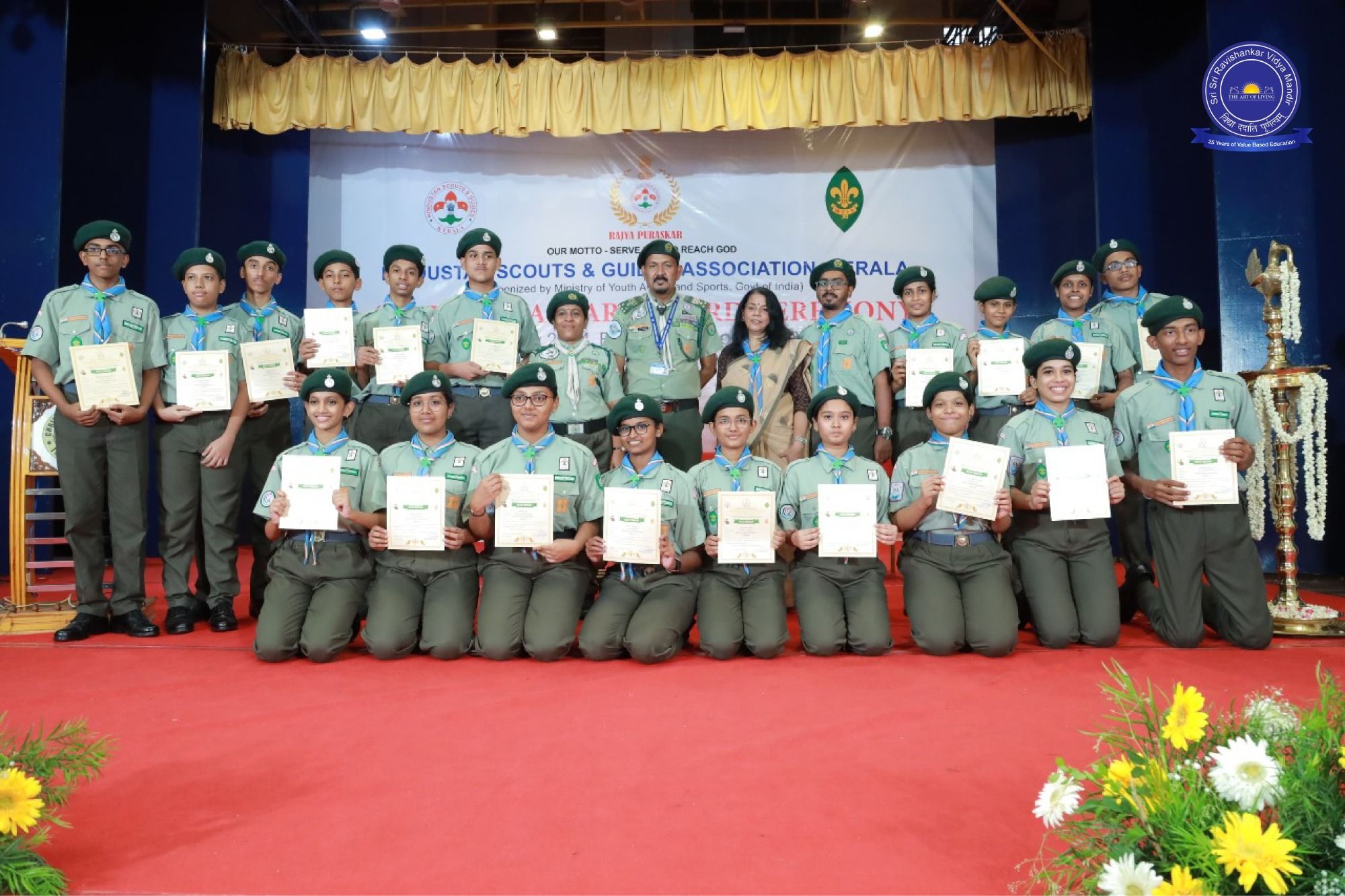Embracing Progressive Schools in India: A Path to Holistic Education
Introduction
Progressive schools represent a transformative approach to education, focusing on the holistic development of students rather than merely academic achievements. These schools aim to nurture creativity, critical thinking, and problem-solving abilities, preparing students for the complexities of the modern world. In the context of India, where traditional rote learning has long dominated, the rise of progressive education is both a challenge and an opportunity. Schools like the SSRVM (Sri Sri Ravi Shankar Vidya Mandir) exemplify this shift, showcasing innovative methodologies that cater to the diverse needs of 21st-century learners.
Key Takeaways
Progressive education in India emphasizes the following:
Holistic Development: Addressing academic, emotional, social, and physical growth.
Creative and Critical Thinking: Fostering skills necessary for problem-solving and innovation.
Community Involvement: Encouraging participation from parents, teachers, and local communities.
Personalized Learning: Tailoring education to individual student needs and interests.
What are Progressive Schools?
Progressive schools are educational institutions that adopt a child-centered approach, emphasizing experiential learning and critical thinking over traditional rote memorization. Originating in the late 19th and early 20th centuries, this movement was influenced by educational reformers like John Dewey, who advocated for education that is responsive to the needs of children and society.
Key characteristics include:
Experiential Learning: Learning through experience and hands-on activities.
Interdisciplinary Curriculum: Integrating various subjects to enhance learning.
Focus on Development: Addressing intellectual, emotional, and social development.
Progressive schools contrast sharply with traditional schools, which often focus on standardized testing and uniform curricula. The progressive model promotes flexibility, creativity, and active participation in learning.
Importance of Progressive Schools in India
Progressive schools address the evolving needs of students in a rapidly changing world. They are crucial in promoting:
21st-Century Skills: Equipping students with skills like collaboration, communication, and digital literacy.
Social and Emotional Growth: Helping students develop empathy, resilience, and self-awareness.
Global Citizenship: Preparing students to engage with and contribute to a global society.
By fostering these competencies, progressive schools aim to create well-rounded individuals who are not only academically proficient but also socially responsible and emotionally intelligent.
Key Features of Progressive Schools
The progressive education model is characterized by several key features:
Child-Centered Approach: Prioritizing the interests and needs of each student.
Experiential Learning: Utilizing project-based and hands-on learning experiences.
Emphasis on Arts and Sports: Encouraging participation in creative and physical **activities.
Collaborative Environment:**Promoting teamwork and cooperative learning.
Flexible Curriculum: Adapting to the interests and developmental stages of students.
These elements combine to create an engaging and supportive educational environment that fosters lifelong learning.
Benefits of Progressive Education
Progressive education offers numerous benefits, including:
Enhanced Critical Thinking: Encouraging students to analyze and solve complex problems.
Creativity and Innovation: Providing opportunities for students to express themselves and develop new ideas.
Social and Emotional Development: Supporting students' emotional well-being and social skills.
Increased Engagement: Making learning more enjoyable and relevant to students' lives.
These advantages contribute to a more dynamic and effective educational experience, preparing students for future success.
Challenges and Criticisms
Implementing progressive education in India faces several challenges:
Diverse Educational Landscape: Adapting progressive methods to different cultural and socioeconomic contexts.
Feasibility and Practicality: Addressing concerns about resources and teacher training.
Misconceptions: Overcoming skepticism about the efficacy of progressive education.
Despite these challenges, ongoing efforts to refine and adapt progressive models can help address these issues.
FAQs about Progressive Schools
What is the difference between progressive and traditional schools?
Progressive schools focus on holistic development and experiential learning, while traditional schools emphasize rote memorization and standardized testing.
How do progressive schools assess student performance?
Through a combination of formative assessments, project evaluations, and personalized feedback.
Are progressive schools suitable for all students?
Yes, they can be adapted to meet the diverse needs and learning styles of all students.
Conclusion
Progressive schools play a pivotal role in shaping the future of education in India. By fostering holistic development, promoting critical thinking, and preparing students for global citizenship, these schools are paving the way for a more inclusive and dynamic educational landscape. As parents and educators, supporting and advocating for progressive education can help ensure that every child has the opportunity to thrive in an ever-changing world.

